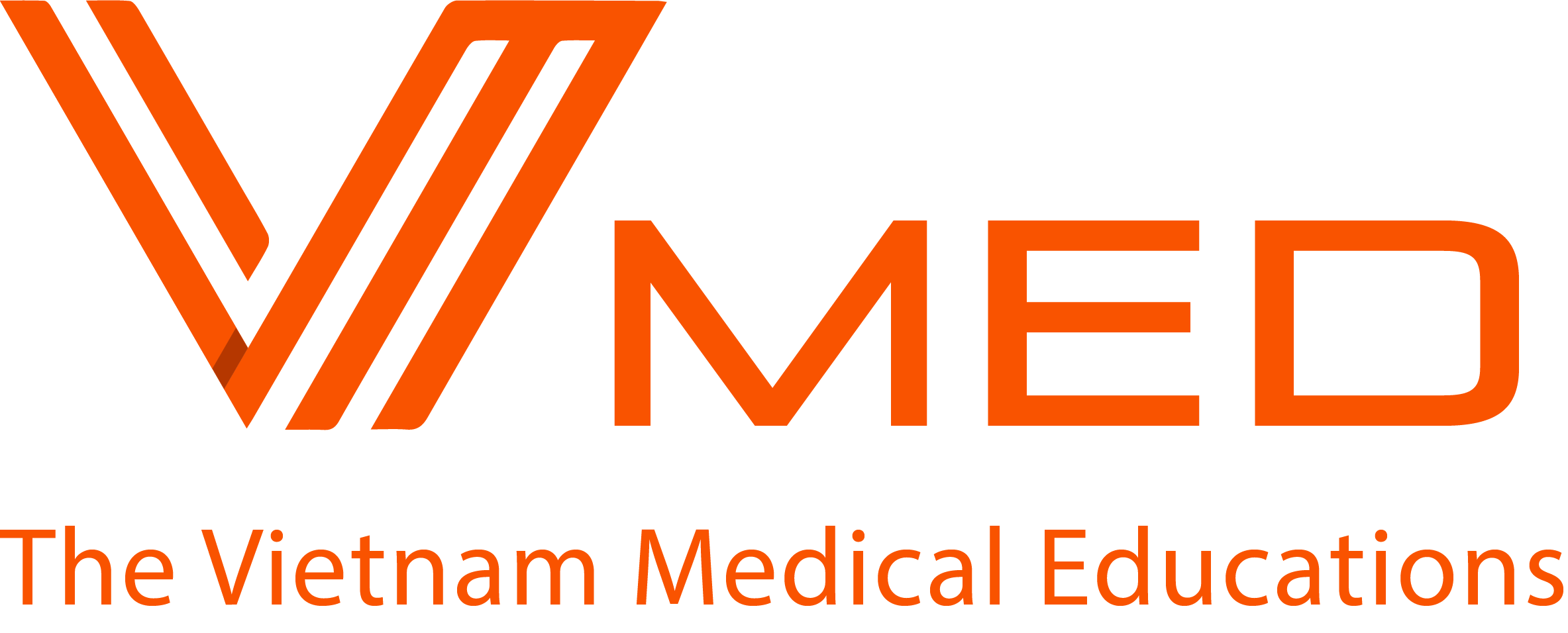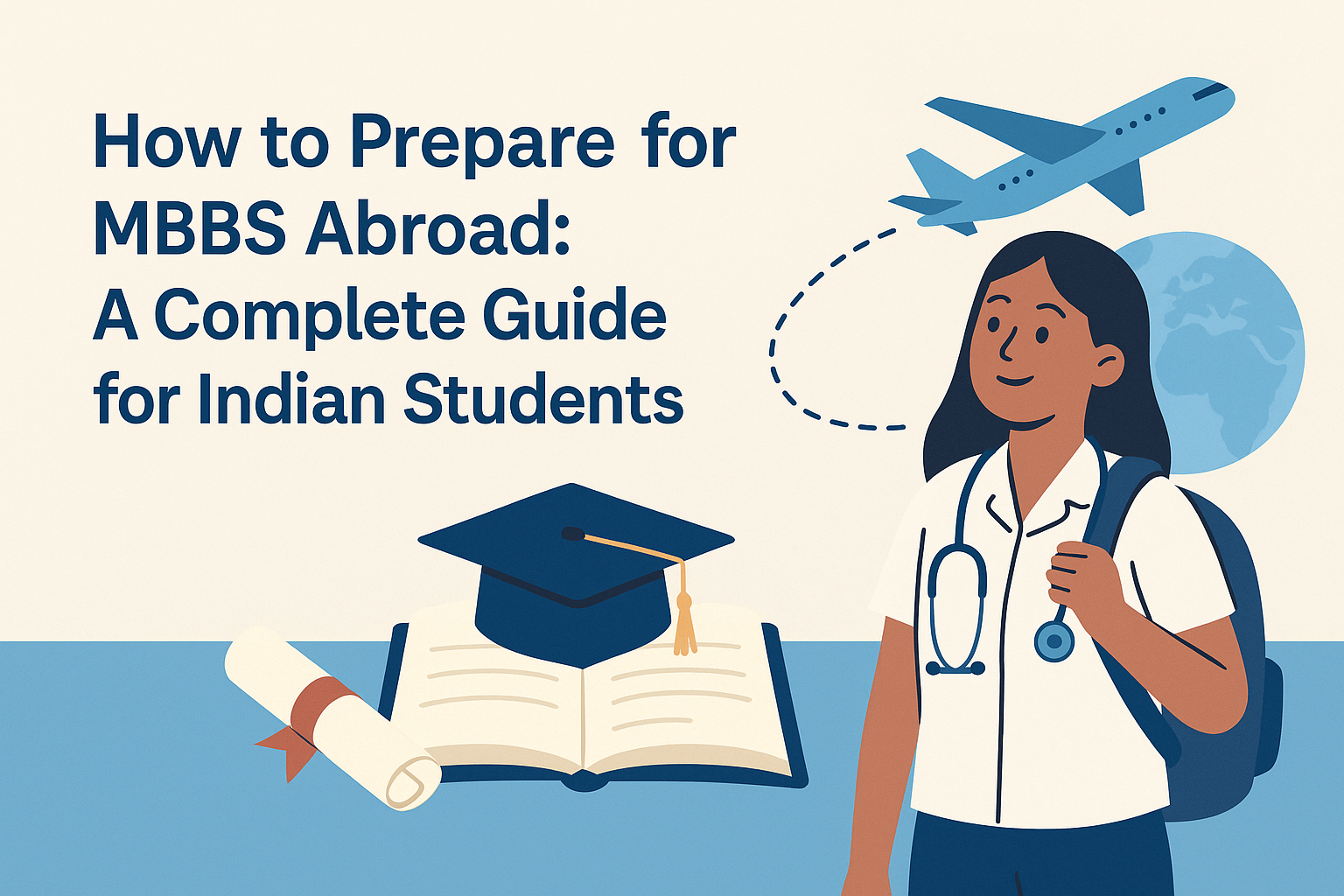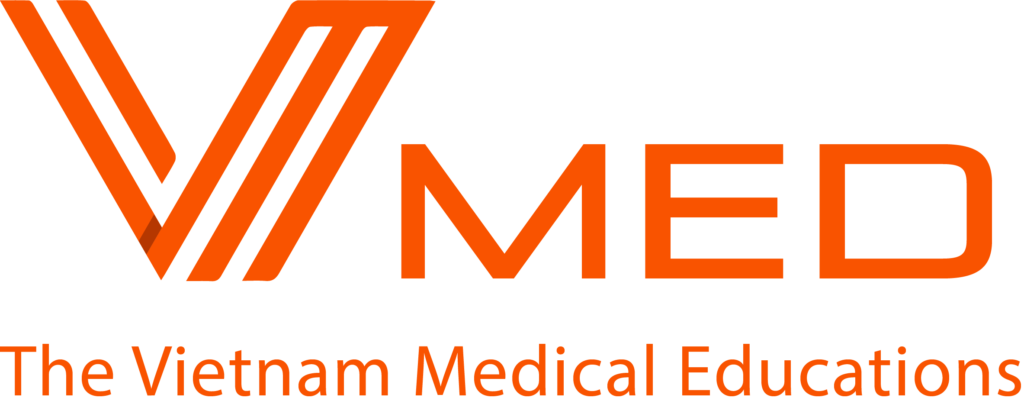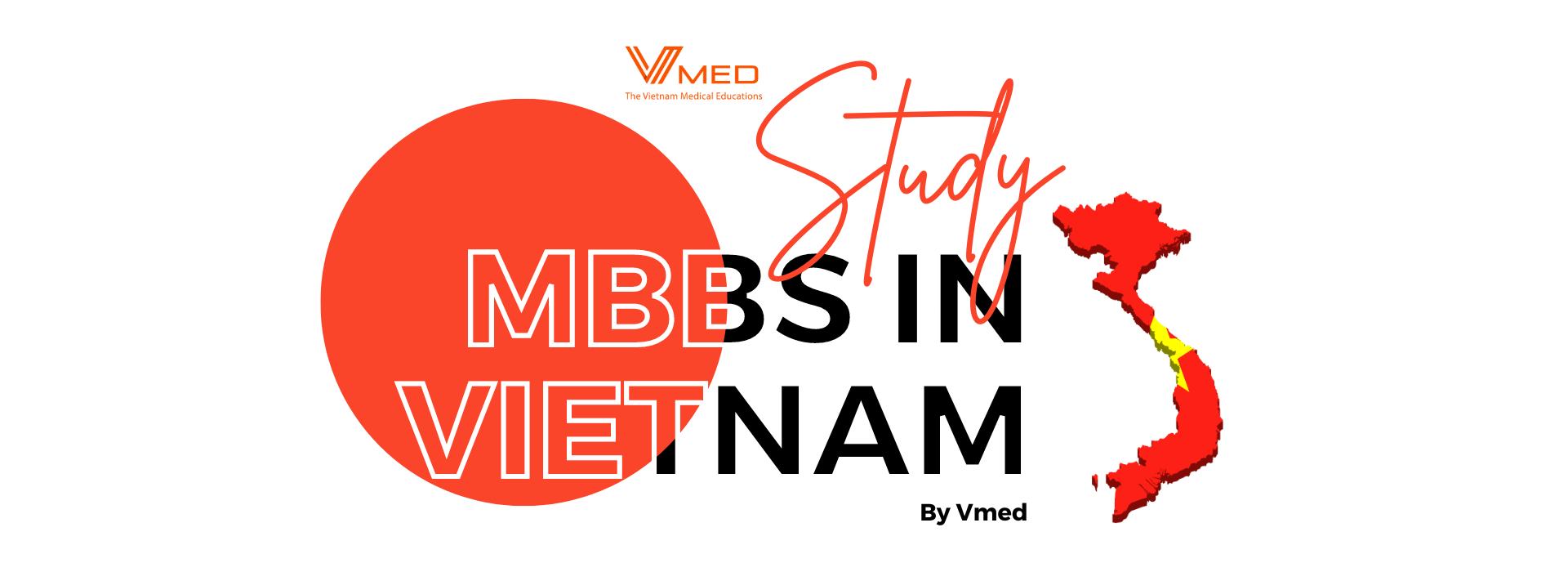Introduction
For many Indian students, pursuing MBBS abroad has become a practical solution to overcome the challenges of limited seats and high costs in Indian medical colleges. Countries like Vietnam have emerged as top choices, offering affordable tuition fees, globally recognised degrees, and a welcoming environment for international students.
Preparing for MBBS abroad requires careful planning and understanding of the process, from meeting eligibility requirements to settling in a new country. With proper guidance, students can smoothly transition to their chosen university and focus on achieving their dream of becoming a doctor.
In this guide, we will explore the key steps and considerations Indian students need to prepare for MBBS abroad, with a focus on studying in Vietnam.
Eligibility Requirements
1. NEET Qualification
For Indian students, qualifying for the National Eligibility cum Entrance Test (NEET) is mandatory to pursue MBBS abroad. This is a requirement set by the National Medical Commission (NMC) to ensure eligibility for practicing medicine in India after graduation.
Students should aim for a good NEET score to meet the admission criteria of reputed foreign medical universities, including those in Vietnam.
2. Academic Qualifications
Students must have completed their 10+2 education with a focus on science subjects. The following minimum requirements apply:
- Physics, Chemistry, and Biology as core subjects.
- A minimum aggregate of 50% marks in PCB for general category students and 40% for reserved categories.
3. Age Criteria
Applicants must be at least 17 years old by December 31 of the year they are applying for admission. This is a standard requirement across most medical universities abroad.
4. English Proficiency
While most Vietnamese universities offer MBBS courses in English, students are expected to have basic proficiency in the language. However, there is no mandatory IELTS or TOEFL requirement for admissions in Vietnam.
Meeting these eligibility criteria is the first step toward pursuing MBBS abroad and ensures compliance with NMC guidelines for Indian students.
Choosing the Right University
Selecting the right university is a crucial step in preparing for MBBS abroad. Here are some factors Indian students should consider when evaluating medical universities in Vietnam:
1. Tuition Fees and Affordability
The cost of education varies across universities, but Vietnam is known for its affordability. For instance:
- Nam Can Tho University: Fees start from ₹1.86 lakhs per semester.
- Can Tho University of Medicine and Pharmacy (CTUMP): Fees range between ₹3–4 lakhs annually.
Ensure the chosen university fits your budget while providing quality education.
2. Recognition and Accreditation
Verify that the university is recognised by global bodies like the WHO, FAIMER, and the NMC. Recognition ensures your degree is valid for licensing exams such as the NEXT Exam in India or others worldwide.
3. Practical Training and Facilities
Top universities like Nam Can Tho and CTUMP offer early clinical exposure, with hands-on training starting in the first year. Look for facilities such as cadaver labs, simulation centers, and university-owned multi-specialty hospitals.
4. Student Support and Infrastructure
Choose a university that provides dedicated support for Indian students, including:
- Separate hostels for boys and girls.
- Availability of Indian food.
- Safe and secure living conditions with 24/7 support.
5. Proximity to Home
Vietnam’s close geographical proximity to India (just a 4-5 hour flight) makes it convenient for students and families. The shorter travel time reduces logistical challenges and costs.
By carefully evaluating these factors, students can make an informed decision and select a university that aligns with their academic and personal needs.
Documents Needed for MBBS Abroad
Having the right documents in place is essential to ensure a smooth admission process for MBBS abroad. Here’s a detailed checklist for Indian students applying to medical universities in Vietnam:
1. Academic Documents
- 10th and 12th Mark Sheets: These must be duly certified and submitted as proof of academic qualifications.
- School Leaving Certificate: Required to confirm completion of higher secondary education.
2. NEET Scorecard
- A valid NEET qualification certificate is mandatory as per the NMC guidelines for Indian students pursuing MBBS abroad.
3. Passport
- A valid passport with at least six months of validity from the date of travel is necessary. If you don’t have a passport, ensure to apply for one early.
4. Birth Certificate
- The birth certificate must be translated into English if it is in another language and notarised for authenticity.
5. Passport-Sized Photographs
- Recent passport-sized photographs with a white background (usually 10-12 copies).
6. Medical Fitness Certificate
- A medical fitness certificate is required to ensure that the student is in good health to pursue their studies abroad.
7. Visa Documents
- Admission letter from the university.
- A valid student visa (processed with the help of Vmed).
- Proof of financial stability (bank statements may be required).
Having all these documents ready ensures that the admission process proceeds without delays or complications. Always double-check the requirements specific to your chosen university and destination.
Understanding the Admission Process
The admission process for MBBS abroad may seem daunting, but with proper guidance, it can be a straightforward journey. Here’s a step-by-step guide for Indian students applying to medical universities in Vietnam:
Step 1: Eligibility Assessment
Ensure you meet the eligibility criteria, including:
- Qualifying NEET with the required score.
- Achieving the minimum percentage in PCB in your 12th-grade exams.
Step 2: Application Submission
Submit an online application to your chosen university, including scanned copies of required documents like:
- Academic certificates.
- NEET scorecard.
- Passport.
Step 3: Receive the Invitation Letter
Once your application is reviewed and approved, the university will issue an invitation letter confirming your seat. This process typically takes 4-5 working days.
Step 4: Payment of Fees
Make the initial payment, which may include:
- Registration fees (₹30,000–₹60,000).
- Processing charges.
- Ministry authentication fees (as applicable).
Step 5: Visa Processing
With the invitation letter in hand, begin the student visa application process. Vmed assists students in visa stamping through the Vietnamese Embassy in Delhi, ensuring a hassle-free experience.
Step 6: Pre-Departure Formalities
Before leaving India, ensure you have:
- All original and attested documents.
- Flight tickets and student visa.
- Sufficient funds in your account for tuition and hostel fees (~₹3.58 lakhs and ₹1.9 lakhs, respectively, for the first year).
Step 7: Arrival and Orientation
Upon arriving in Vietnam, complete university formalities, including:
- Fee submission.
- Hostel allocation.
- Orientation sessions to introduce you to the campus and curriculum.
By following these steps and leveraging the support of experts like Vmed, students can secure their MBBS admission smoothly and start their journey toward becoming doctors.
Financial Planning for MBBS Abroad
Effective financial planning is crucial for students and families considering MBBS abroad. Vietnam offers one of the most cost-effective medical education systems, making it a practical choice for Indian students. Here’s a breakdown of costs and tips to manage finances effectively:
1. Tuition Fees
Vietnamese universities offer MBBS programs at much lower fees compared to Indian private colleges:
- Annual tuition fees: ₹3–4 lakhs.
- Total tuition cost for a 6-year program: Approximately ₹20–24 lakhs.
2. Living Expenses
The cost of living in Vietnam is comparable to Indian cities, with students spending ₹10,000–₹15,000 per month. This includes:
- Accommodation: ₹6,000–₹8,000 per month for university hostels.
- Food: ₹3,000–₹5,000 per month (Indian meals are widely available).
- Transportation: Approximately ₹1,500 per month.
3. One-Time Charges
Students should also account for initial costs, such as:
- Visa processing and travel: ₹75,000–₹80,000.
- Ministry authentication and documentation: ₹1.5–₹2 lakhs.
4. Scholarships and Loans
Vietnamese universities occasionally offer scholarships for deserving students based on academic merit. Additionally, Indian students can apply for education loans to cover tuition and living expenses. These loans typically have competitive interest rates and flexible repayment options.
5. Managing Finances Abroad
- Open a local bank account in Vietnam for easier fee payments and day-to-day transactions.
- Carry some emergency funds or an international debit card for unexpected expenses.
Proper budgeting and financial planning can help students and their families manage the costs effectively, ensuring a stress-free academic journey.
Cultural and Lifestyle Preparation
Adapting to a new culture and lifestyle is an essential part of preparing for MBBS abroad. Vietnam’s cultural and climatic similarities with India make the transition easier for Indian students. Here’s how to prepare:
1. Understanding Vietnamese Culture
Vietnamese culture is known for its hospitality and respect for traditions. Students should familiarize themselves with local customs and etiquette, such as greetings, dining manners, and cultural norms.
Participating in university-organized cultural activities helps students bond with peers and immerse themselves in the local culture.
2. Language and Communication
Most medical programs in Vietnam are taught in English, so language barriers are minimal. However, learning basic Vietnamese phrases for daily interactions, such as shopping or commuting, can be helpful.
Universities often provide language support programs to assist international students.
3. Food and Dietary Preferences
Indian students can easily find familiar food options in Vietnam. Hostels and nearby eateries cater to Indian tastes, offering both North and South Indian cuisines. Students should also explore Vietnamese cuisine, which is known for its freshness and balance of flavors.
4. Climate and Clothing
Vietnam’s tropical climate is similar to India’s, with warm summers and mild winters. Students should pack lightweight clothing, along with a few warm layers for cooler months. Comfortable footwear is also recommended, as walking is common in Vietnamese cities.
5. Socializing and Networking
Building a network of fellow Indian and international students helps ease the transition. Engaging in extracurricular activities, study groups, and cultural events creates a sense of community and support.
By preparing for cultural and lifestyle adjustments, students can make the most of their experience studying MBBS in Vietnam.
Role of Vmed in Assisting Students
Pursuing MBBS abroad involves numerous steps, from choosing the right university to settling in a foreign country. Vmed, a trusted consultancy for Indian students, simplifies this journey with end-to-end assistance tailored to individual needs.
1. Admission Guidance
Vmed ensures that students meet eligibility criteria, including NEET qualification, and guides them in choosing the best university in Vietnam based on their academic goals and financial capacity. They assist in document submission and seat reservation, ensuring a smooth admission process.
2. Visa Processing and Travel Support
Navigating the visa process can be challenging, but Vmed facilitates hassle-free visa stamping through the Vietnamese Embassy in Delhi. They also provide pre-departure orientations, helping students prepare for their journey abroad.
Vmed coordinates travel arrangements, including flight bookings and airport pickups, ensuring a stress-free transition to Vietnam.
3. Cultural and Academic Transition
Adjusting to life in Vietnam becomes easier with Vmed’s on-ground support. From hostel allocation to introducing students to their academic schedules, Vmed provides comprehensive guidance. They also assist in setting up essentials like SIM cards and bank accounts.
4. Ongoing Support Throughout the Course
Vmed remains a reliable point of contact for students throughout their MBBS journey. Whether it’s addressing academic concerns, liaising with university authorities, or providing emergency assistance, Vmed ensures students have the support they need.
With Vmed’s expertise, Indian students can focus entirely on their studies while every logistical and cultural challenge is handled with care.
Conclusion
Preparing for MBBS abroad is a significant decision that requires careful planning and informed choices. Vietnam has emerged as an ideal destination for Indian students due to its affordable tuition fees, globally recognised universities, and early clinical exposure.
By meeting the eligibility requirements, selecting the right university, and organising the necessary documents, students can ensure a seamless admission process. Financial planning and cultural preparation further enhance the study experience, enabling students to focus on their academic and personal growth.
With the dedicated support of Vmed, Indian students can navigate every step of the journey, from admission to settling in Vietnam. Vmed’s end-to-end assistance ensures that students feel supported and confident in their pursuit of a successful medical career.
Vietnam offers not just a place to study but a pathway to global opportunities and professional excellence. For aspiring doctors, it’s the perfect place to achieve their dreams.



